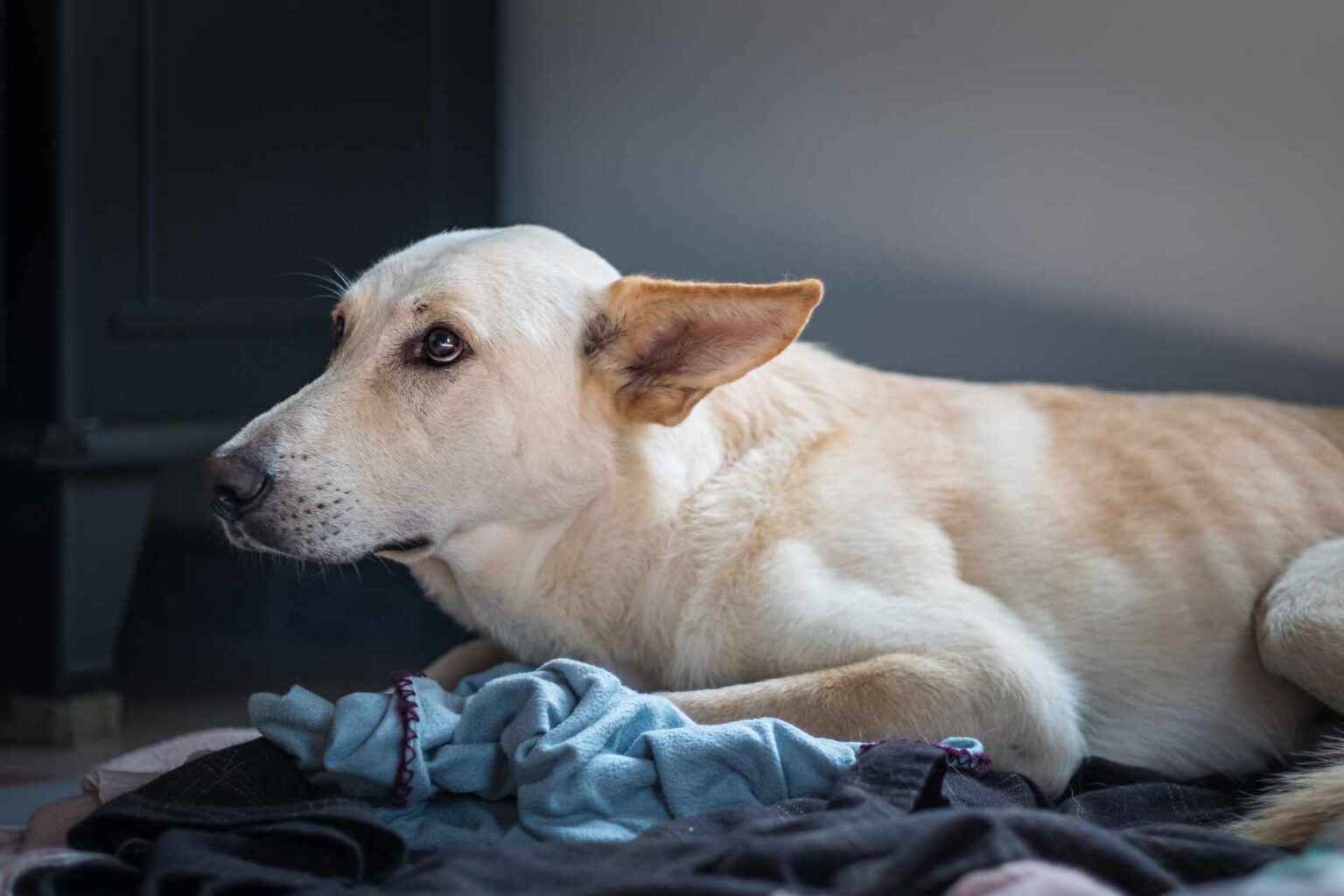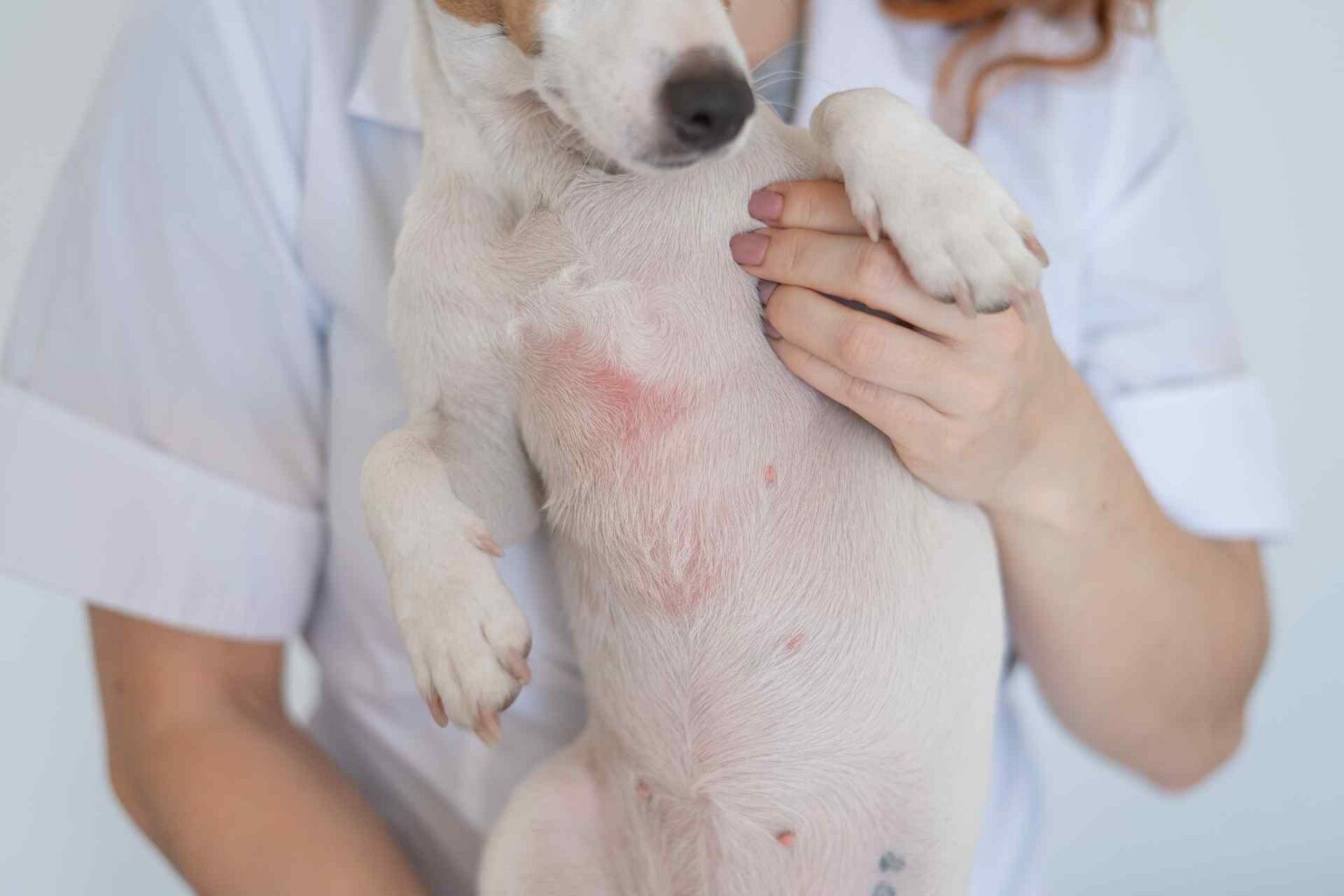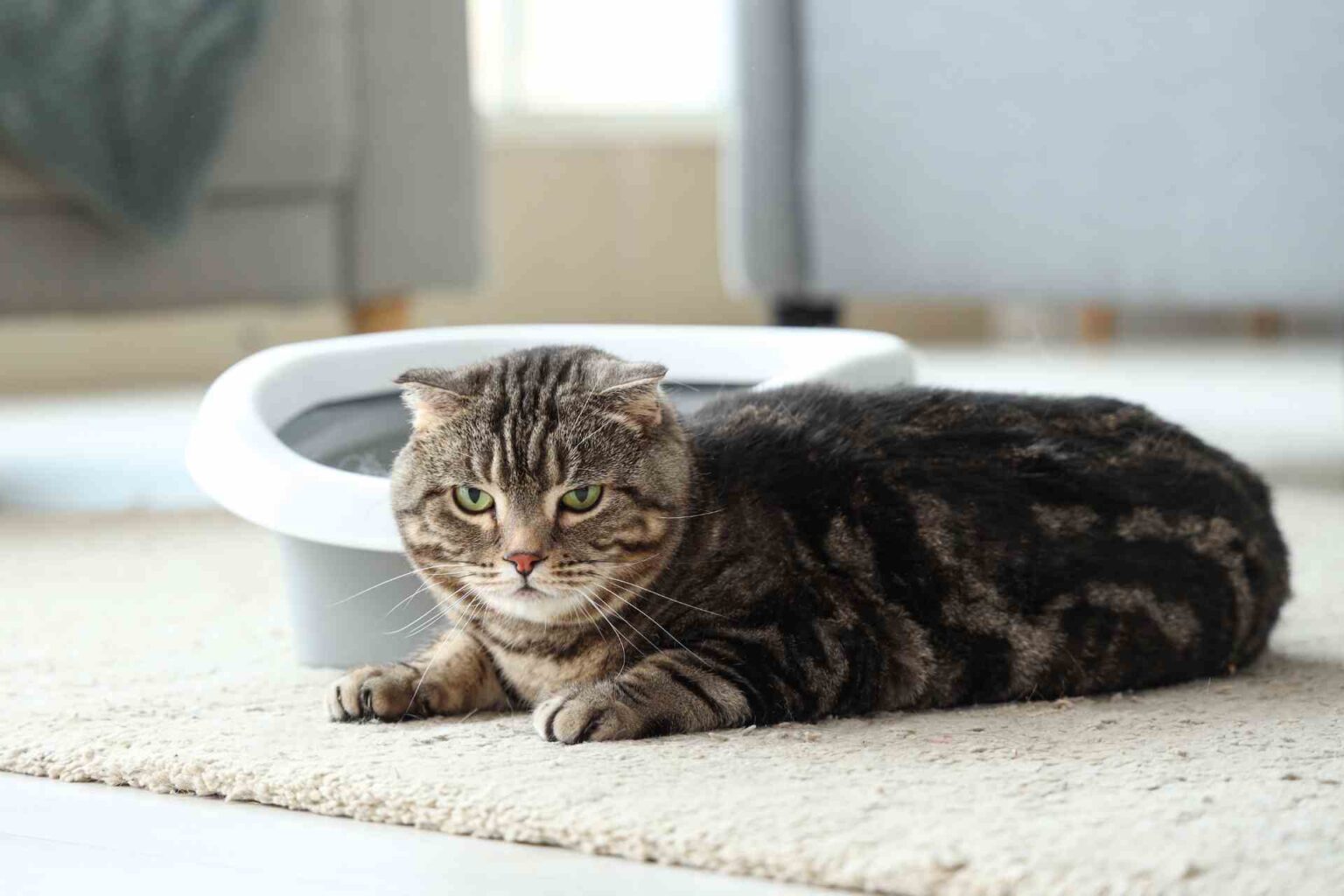At this year’s SCIVAC International Congress in addition to the work on the effect of Lactobacillus reuteri NBF1 on Chihuahua dogs, a study on healthy Scottish cats was also conducted and presented by the same team.
The study aimed to evaluate the effects of dietary supplementation of Lactobacillus reuteri NBF 2 DSM 32264 on Scottish cats, focusing on the “positive effect on gut microbiota” and fecal parameters.
Ten healthy adult male and non-pregnant female Scottish cats were randomly assigned to the control group (CTR; n=5) and the treated group (LACTO; n=5). The commercial diet used in the experiment was Royal Canin FIT 32, while the diet of the treated group was supplemented with L. reuteri NBF 2 DSM 32264 (5 x 1099CFU/kg food).
Body weight (BW) and Body Condition Score (BCS) of each cat as well as fecal moisture (FM) and scoring (FS) parameters were assessed at regular time intervals. Fecal score (FS) was scored using a 7-point table, then fecal moisture percentage (FM) was measured. The result was defined as the average of two different measurements.
For microbiological analysis, an aliquot of fresh feces (1 g) was collected from each cat and, after dilution, was smear on different culture media for total bacterial counts and bacterial identification (Lactobacilli and coliforms).
All cats remained healthy during the study, no side effects and no deaths were recorded. BW and BCS did not change during the study in either group, and the animals maintained ideal body condition. FM was significantly lower at the end of the study in the LACTO group than in the CTR group .
The beneficial effect of Lactobacillus reuteri NBF 2 DSM 32264 was also confirmed by the fecal score (FS) values recorded between the two groups of cats. At the end of the experimental period (T5), there was a significant increase in Lactobacilli in the treated group (LACTO) compared to the control group, from an initial concentration of 4.79±0.15 log CFU/g (p=0.772) of the experiment to a concentration of 5.08±0.15 log CFU/g (p=0.002) at the end of the trial, followed by a slight decrease in the total amount of coliforms (p=0.0006).
One of the most important parameters at the level of biological significance is that of fecal score, which at the end of treatment reported a significant decrease of about 0.90 points in the group treated with L. reuteri NBF 2 DSM 32264 compared with the control group, which showed no decrease from the beginning. This result was accompanied by a decrease in fecal moisture, making stools more consistent and well-formed, indicative of good intestinal health related to good digestion. In addition, the increase in Lactobacilli, again confirms theability of this probiotic to improve the composition of the intestinal ecosystem by promoting an increase in beneficial species that can promote the maintenance of intestinal mucosal integrity.
Reference
Benedetta Belà, Daniele Di Simone, Giulia Pignataro, Isa Fusaro, Alessandro Gramenzi. EFFECT OF LACTOBACILLUS REUTERI NBF 2 DSM 32264 ON GUT MICROBIOTA AND FECAL PARAMETERS OF HEALTHY SCOTTISH CATS. Proceedings SCIVAC International Congress 2024











